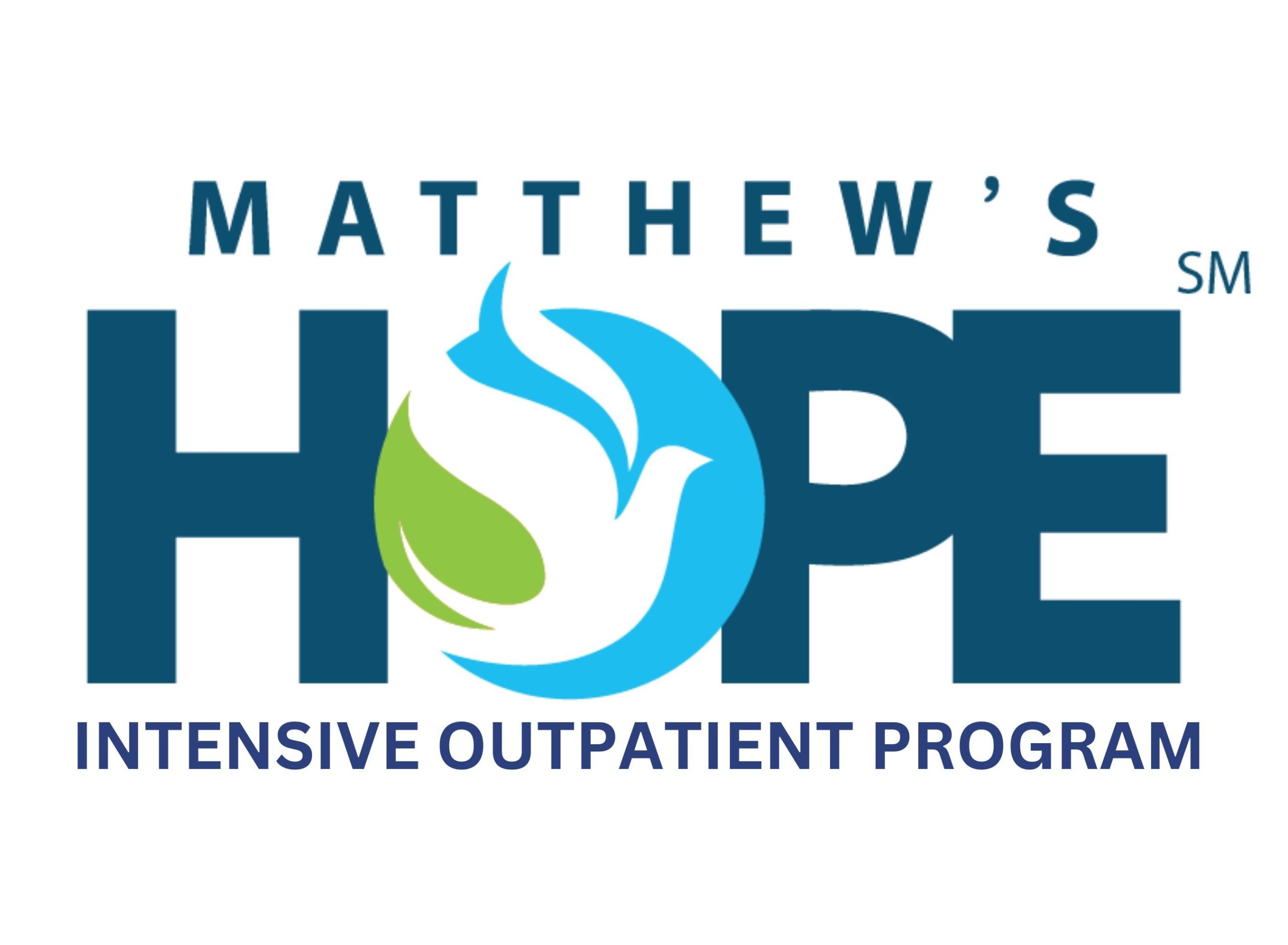 Cocaine addiction is a problem that affects lives all over the United States. This illicit drug’s misuse has major implications for individuals, families, and communities.
Cocaine addiction is a problem that affects lives all over the United States. This illicit drug’s misuse has major implications for individuals, families, and communities.
Let’s discuss what cocaine is, its health impacts, signs of use, and how to seek help.
What is Cocaine?
Cocaine is a stimulant drug derived from the coca plant. The drug is primarily sourced from South America. It most commonly appears as a white crystal powder.
Cocaine has several street names, including “coke”, “blow”, “snow”, “crack”, or “rock”.
Cocaine is illegal in all 50 states. But it continues to be a widely abused substance due to its intense, euphoric effects.
Users usually snort, smoke, or inject the drug. They use it to get the rush of energy and feelings of pleasure it provides.
Signs and Symptoms of Cocaine Use
Identifying cocaine use in others can be challenging. Its effects can often be subtle and easily covered up.
Some typical signs of cocaine addiction may include:
- Increased energy and enthusiasm: Cocaine is a stimulant that provides a surge of energy and excitement. It can lead to hyperactivity, rapid speech, and restlessness.
- Nosebleeds or a runny nose: Since many cocaine users snort the drug, frequent nosebleeds or a persistently runny or stuffy nose can be signs of use.
- Changes in behavior: Cocaine can lead to erratic or aggressive behavior, changes in social circles, and neglect of personal responsibilities.
- Physical changes: Dilated pupils, weight loss, and frequent sniffing or rubbing of the nose are common.
Recognizing these signs can be the first step toward getting help for a person struggling with cocaine addiction.
Impact of Cocaine Use on the Mind and Body
Cocaine has a dramatic impact on both physical and mental well-being.
On the psychological front, cocaine can lead to intense feelings of happiness and energy, increased confidence, and reduced fatigue. But these effects don’t typically last long. They’re usually followed by a severe “crash” where the user may experience depression, agitation, and intense cravings for the drug.
Physically, cocaine increases heart rate and blood pressure. This can lead to long-term cardiovascular problems. Other physical effects include muscle twitches, tremors, and gastrointestinal complications.
Prolonged cocaine use can also lead to severe weight loss and malnourishment.
Recognizing Cocaine Overdose
A cocaine overdose is a life-threatening situation that requires immediate medical attention. Overdose can occur when a person consumes enough cocaine to cause serious adverse reactions or death.
Recognizing the signs of a cocaine overdose can save lives. Symptoms can include:
- Chest pain
- Tremors or seizures
- Fever
- Extreme agitation or anxiety
- Panic and paranoia
- Hallucinations
Sometimes they may exhibit a sudden and unusual need for money or secrecy about their day-to-day activities might arise. In severe cases, hallucinations or bizarre behavior can also occur. These signs, when combined, can often indicate a problem with cocaine use.
If someone is exhibiting these signs after using cocaine, it is vital to call emergency services right away.
A cocaine overdose is a medical emergency, making immediate action critical.
Getting Treatment for Cocaine Addiction
Cocaine addiction is a serious condition, but help and recovery are possible. If you or a loved one shows signs of cocaine use or addiction, it’s time to seek professional assistance.
Addiction is a complex disease, and dealing with it requires a comprehensive approach. This includes detoxification, counseling, and long-term support.
Support groups like Cocaine Anonymous also play a significant role by providing a community that understands the experience firsthand. They can offer emotional support, practical insights, and advice from those who’ve been there.
Get in touch with Matthew’s Hope Intensive Outpatient Program today for help with cocaine addiction.


